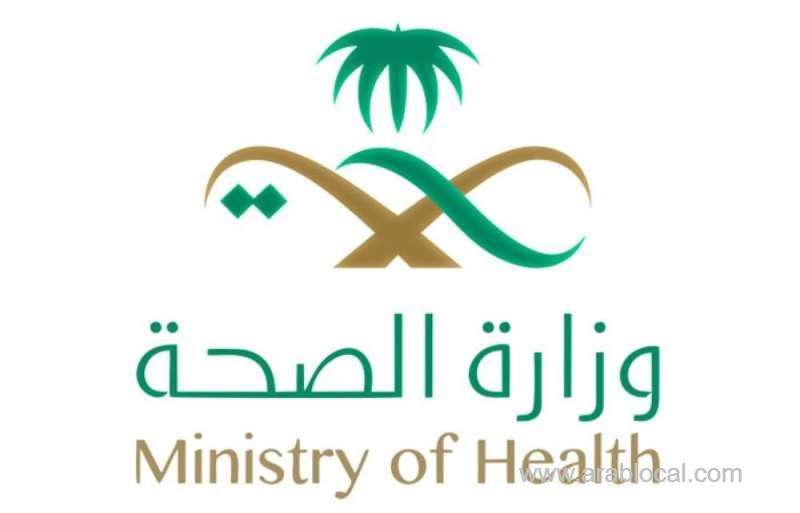The Health Ministry intends to reduce chronic and deadly diseases by 5 percent in 10 years and premature deaths among people in the age group of 30-70 years by 25 percent in 15 years.
The ministry is now conducting a program to monitor the situation of chronic diseases and the dangerous factors that cause such diseases.
“The program will be carried out by adopting policies and strategies in association with other relevant health-related agencies,” said a ministry official.
“The main objective of this program is to improve the health condition of citizens and residents and increase their lifespan,” the official said while speaking to Al-Hayat Arabic daily.
The ministry has already launched a program to bring down the death rate among people in the age group of 30-70 from diabetes by 25 percent in 15 years, the official explained.
“The program includes early detection of the disease and prevention of factors that lead to the disease especially those related to lifestyle. A national committee has been set up for the purpose and its members are being trained to carry out early detection of eye diseases,” the official said.
He said the ministry is also working to bring down deaths caused by breast cancer by 30 percent in the long run and increase the facilities for early detection of such cases in the short run.
“The ministry intends to protect the public from heart diseases through early detection and treating symptoms such as high blood pressure and cholesterol,” the official said.
Osteoporosis is another chronic disease being focused by the ministry after conducting a survey, which showed 29.7 percent of people suffered from shortage of Vitamin D, the main reason for bone weakness.
“We have set up 20 clinics across the Kingdom to conduct early detection of obesity,” the official said, adding that the ministry was conducting another program to reduce obesity among schoolchildren with the support of the Education Ministry.
“This program has already covered 1,000 schools,” he added. The ministry has also introduced special programs to reduce accident-related injuries and cut down on asthma cases.
Meanwhile, the Health Ministry has embarked on a plan to strengthen its blood banks and laboratories. It will establish four central blood banks to be accredited to the American Blood Bank Association, Al-Hayat reported.
The ministry will modernize equipment and facilities at its medical laboratories and develop its blood transfusion systems. “We have a project to manufacture plasma derivatives and localize its technology,” the official said. The number of blood donors in the Kingdom reached 449,408 with 175,688 of them voluntary donors, he added.
In a related development, the ministry said 43 percent of complaints received by its call center were related to negligence by hospitals, 12 percent were about shortage of staff, and 6 percent about medical mistakes. Negligence in public services, late arrival of doctors and nurses, and shortage of medicines each constituted 8 percent of the complaints, while 5 percent of the complaints were related to not receiving patients in the emergency wards and 10 percent to bad treatment.
SOURCE : SAUDIGAZETTE






